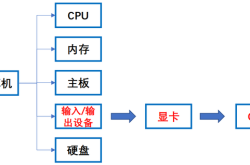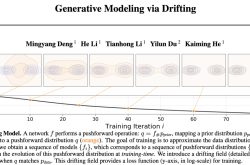Can Kissinger still receive $87 million and retire smoothly despite crashing Intel's $1 trillion market value?
![]() 12/06 2024
12/06 2024
![]() 658
658
Everyone following the chip industry knows how tough Intel has had this year.
As the former global leader and unchallenged chip giant, Intel's revenue has now fallen out of the top three. Its market value is only around $90 billion, failing to rank in the top 10 among global semiconductor companies.
In contrast, AMD's market value exceeds $200 billion, Qualcomm's is over $180 billion, and NVIDIA's stands at $3.5 trillion... Back in the day, Intel barely gave these companies a second glance; they were mere minnows in its pond.
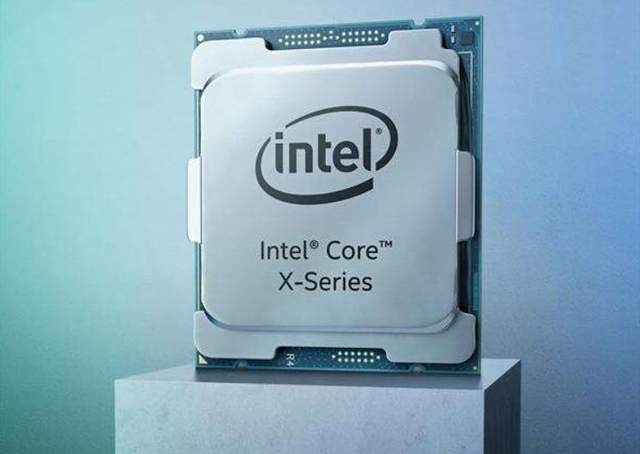
Why is Intel in such a dire situation? It's related to missing out on numerous opportunities over the past 20 years.
Intel missed out on the mobile internet era, the AI era, the 5G chip era, and more. Even its core competency, chip manufacturing technology, has fallen behind TSMC.
While Intel polished its 14nm technology for 4-5 years, TSMC and Samsung surged ahead, entering the 5nm and 3nm eras, forcing Intel to rename its process technology...
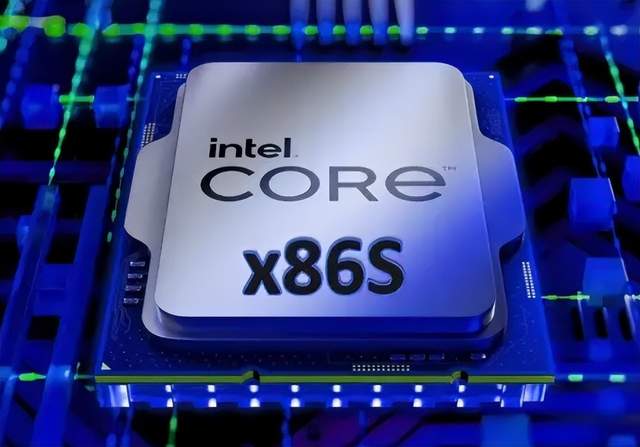
Eventually, Apple defected, AMD captured market share, Qualcomm and ARM continuously crossed over into the PC sector, also threatening Intel's livelihood.
In 2021, Intel appointed a new CEO, Kissinger, hoping he could turn things around. After taking office, Kissinger launched the IDM2.0 plan, aiming to enter the chip foundry business while maintaining its X86 chip business.
He was confident that with Intel's strength, it could rapidly advance chip manufacturing technology, compete with TSMC, and regain its greatness.
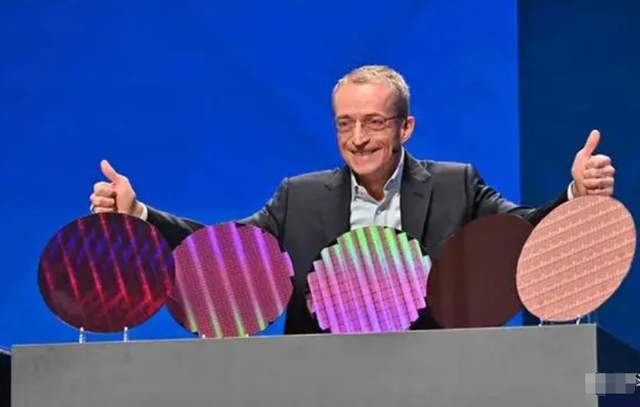
In the end, after losing over $130 billion, Intel's foundry business remained a mess. It is estimated that it may need to lose another $100 billion before becoming profitable, and even then, profitability is uncertain.
Moreover, in the era of AI PCs, Intel is again facing competition from Qualcomm and ARM. According to industry statistics, during Kissinger's four-year tenure, Intel has achieved little, with performance showing no improvement and even worsening.
Intel's market value declined by $150 billion under Kissinger's leadership, equivalent to RMB 1 trillion, making him the CEO who caused the steepest market value drop in Intel's history.
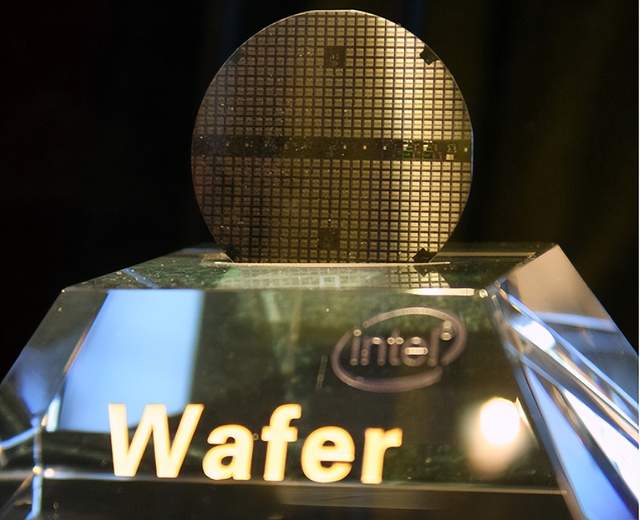
Finally, Intel's board of directors could no longer tolerate the situation and asked Kissinger to step down early, officially announcing his retirement.
In their statement, the board even praised Kissinger's contributions and awarded him a $12 million (approximately RMB 87 million) retirement package, ensuring a smooth retirement.
It has to be said that Intel was quite merciful. Despite the CEO's poor performance, instead of criticism, he received praise and a generous severance package of RMB 87 million before being asked to leave.

